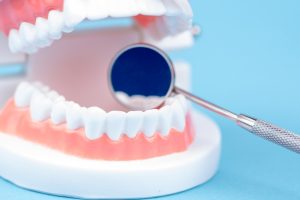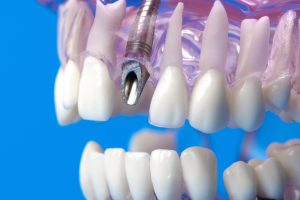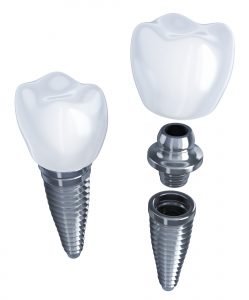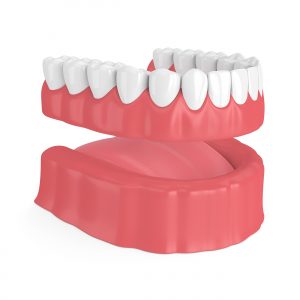
When you have issues like TMJ disorder or bruxism (chronic teeth grinding), you could experience a host of uncomfortable symptoms, and risk damaging your smile. To bring relief from chronic pain, your Houston, TX, dentist will treat these concerns, and often with a noninvasive and custom-fitted oral appliance.






 How long has it been since you and your family attended a
How long has it been since you and your family attended a 
 Someone who
Someone who  Our team strives to offer Houston, TX, residents and their families enjoy healthy smiles that function properly and look great. To ensure we do, our team
Our team strives to offer Houston, TX, residents and their families enjoy healthy smiles that function properly and look great. To ensure we do, our team 



